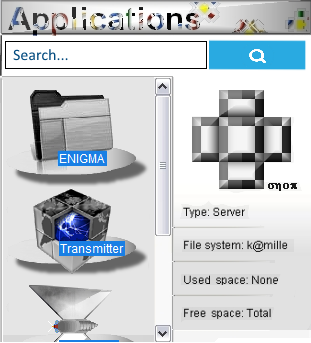- Imperator | Account: -5643013 SHARES. -0
- 498 views
- Comments
- No comments yet.
- Imperator | Account: -5643013 SHARES. -0
- 1162 views
- Comments
- No comments yet.
- Imperator | Account: -5643013 SHARES. -0
-
- 1779 views
- Comments
- No comments yet.
- Imperator | Account: -5643013 SHARES. -0
- 1950 views
- Comments
- No comments yet.
- Imperator | Account: -5643013 SHARES. -0
-
- 1832 views
- Comments
- No comments yet.
- Imperator | Account: -5643013 SHARES. -270
- 2759 views
- Comments
- No comments yet.

















 Anonymous
Anonymous





